ADVENTURES
MARGALLA HILLS HIKING TRAILS
The capital city of Pakistan, Islamabad is located in the northwest of the country on the Potohar Plateau. This area has been significant in history for being part of the crossroads of Rawalpindi and the North West Frontier Province. The city was built in 1960 to replace Karachi as the Pakistani capital, a role it has held since 1963. Due to Islamabad's proximity to Rawalpindi, they are considered sister cities. Compared to other cities in the country, Islamabad is a clean, spacious and quiet city with lots of greenery. The site of the city has a history of going back to the earliest human habitations in Asia. This area has seen the first settlement of Aryans from Central Asia, ancient caravans passing from Central Asia, and the massive armies of Tamerlane and Alexander. To the north of the city you will find the Margalla Hills. Hot summers, monsoon rains and cold winters with sparse snowfall in the hills almost summarises the climate of this area. Islamabad also has a rich wildlife ranging from wild boars to leopards.

Trail 1
It will lead you to the top terminal of the Pir Sohawa road, in more or less two hours. Extending the walkway, you will reach Monal Restaurant in twenty minutes
View MapTrail 2
Starts out just above Pir Sohawa, the point located near Islamabad Zoo. It is a 1 to 1.5 hours walk and leads you to the Daman-e-Koh viewpoint. From there you can continue upward, to the cactus ridge.
View Map
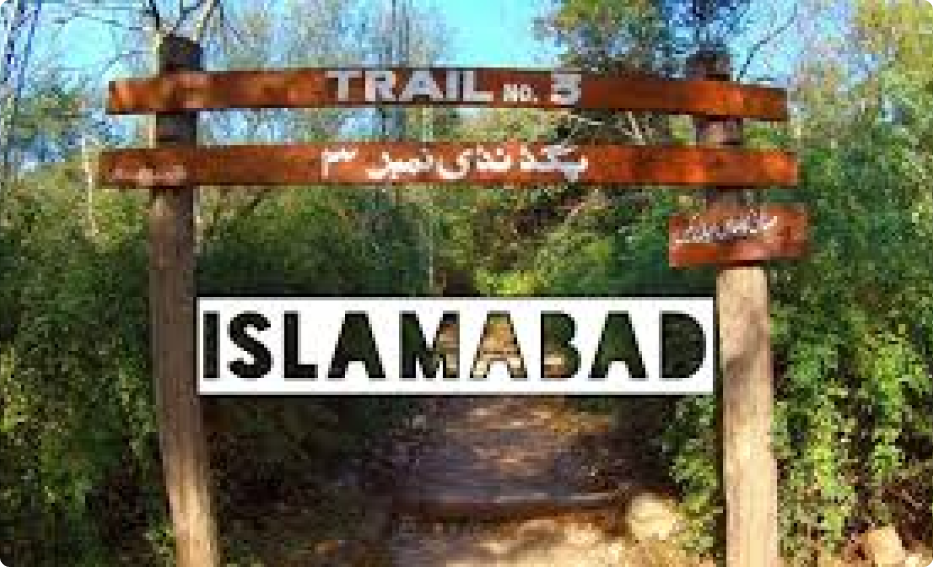
Trail 3
The most famous and oldest hiking track in Islamabad is trail 3. It starts from Margalla road sector F-6. The trail can be challenging, due to steep hills. The course will lead you to the which goes up to a view point, which takes about a 30 to 50 minutes to reach. After reaching the viewpoint, you can continue on for an additional easy-going 45 to 60 minutes and reach Pir Sohawa. There you can choose from two restaurants for food. The Monal and La Montana. In total, it is approximately a one hour and thirty-minute walk.
View Map
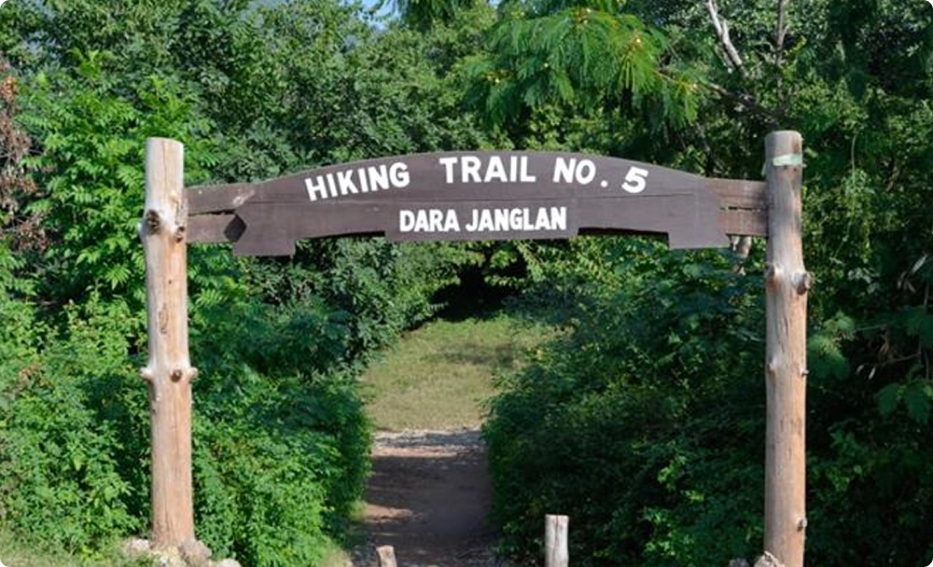
Trail 5
It begins from Margalla road in sector F-5, and people find it easier to climb. Trails 3 and 5 run parallel for some distance, and are connected via trail 4 at certain points. Trail 5 will lead you to the top of Pir Sohawa road. You can switch from trail 3 to 5 by walking an extra distance of 1.5 km. The estimated time to cover the distance on the trail is about 2.5 to 3.5 hours.
View MapTrail 6
This trail is sparingly used as the entrance is not known to many people. It starts from the back of the Faisal Mosque in Sector E7, near the tree planting Project sign. Trails will lead you through a valley along a well defined route that guides you to the top terminal of Pir Sohawa road. The trail has a track for mountain bikes, and a bird watching point.
View Map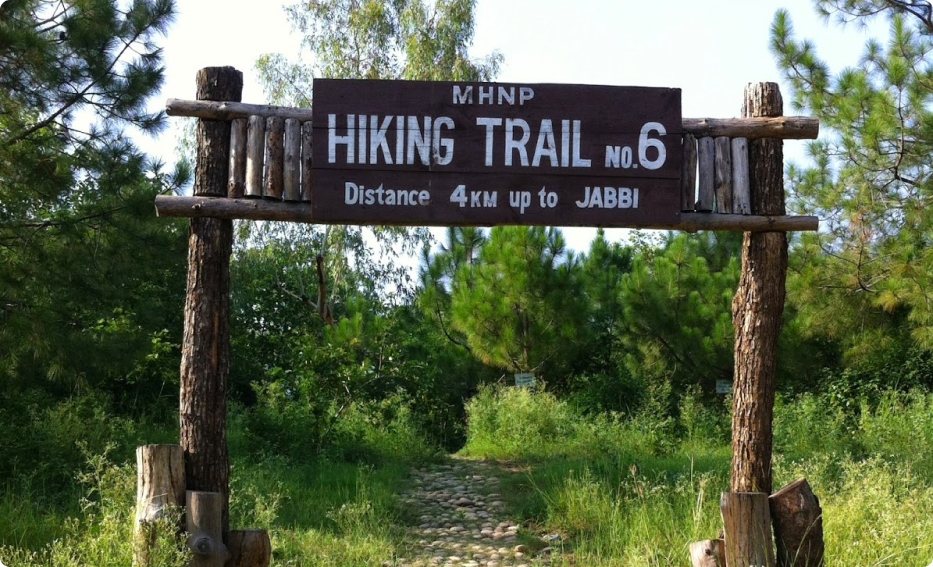


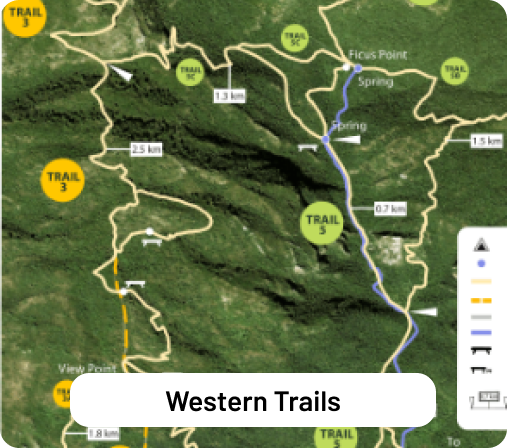
LOOKING AFTER THE ENVIRONMENT
The capital city of Pakistan, Islamabad is located in the northwest of the country on the Potohar Plateau. This area has been significant in history for being a part of the crossroads of Rawalpindi and KPK. The city was built in 1960 to replace Karachi as Pakistan's capital, which it has been since 1963. Due to Islamabad's proximity to Rawalpindi, they are considered twin cities.
VISITOR SAFETY AND RESPONSIBILITIES
ROCK CLIMBING IN MARGALLA HILLS - SAFETY & CONSERVATION
Rock climbing in Margalla Hills offers an exciting yet safe experience when approached with the right precautions and respect for the environment. Despite the perceived risk, advancements in safety measures and equipment have made this sport more accessible and less daunting, aking to learning to swim or trying gymnastics.
Islamabad stands out for the accessibility and quality of climbing opportunities right on its doorstep. With over 50 bolted lines presently available, future developments aim to increase this number significantly in the coming years.
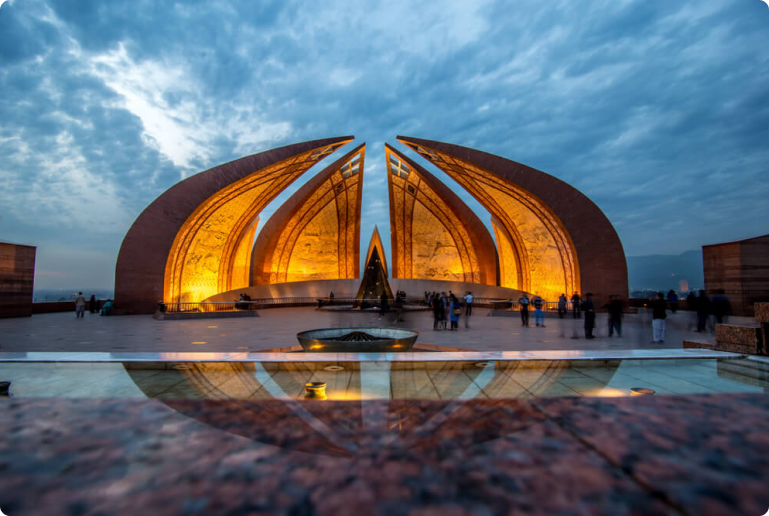
PAKISTAN MONUMENT
The Pakistan Monument in Islamabad is a national symbol representing the unity of the nation's provinces and territories. It's an architectural marvel depicting the Pakistan movement, and the country's culture. From an aerial view, the monument resembles the star and crescent from Pakistan's flag, honouring those who sacrificed for the country's future
View MapSHAKARPARIAN HILLS
Shakarparian Hills, rich in history, is known for trees planted by various heads of state. This beautiful park offers a panoramic view of the city from its vantage point at an elevation of 609 metres. It's one of the favourite recreational spots in Islamabad.
View Map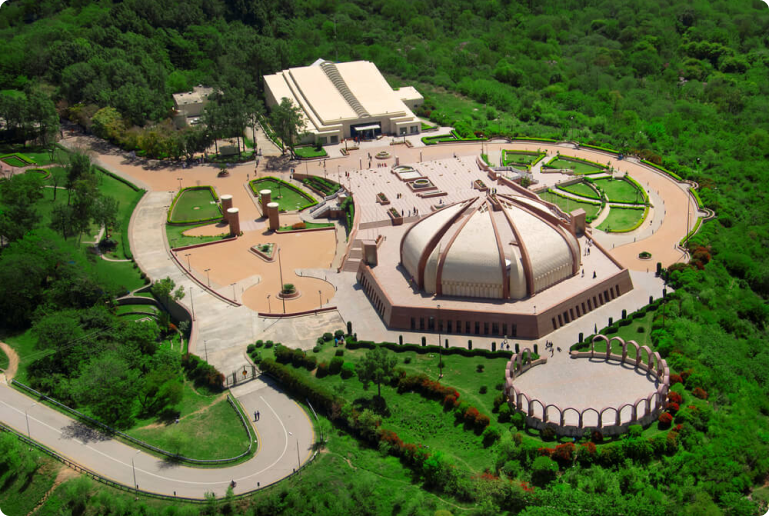
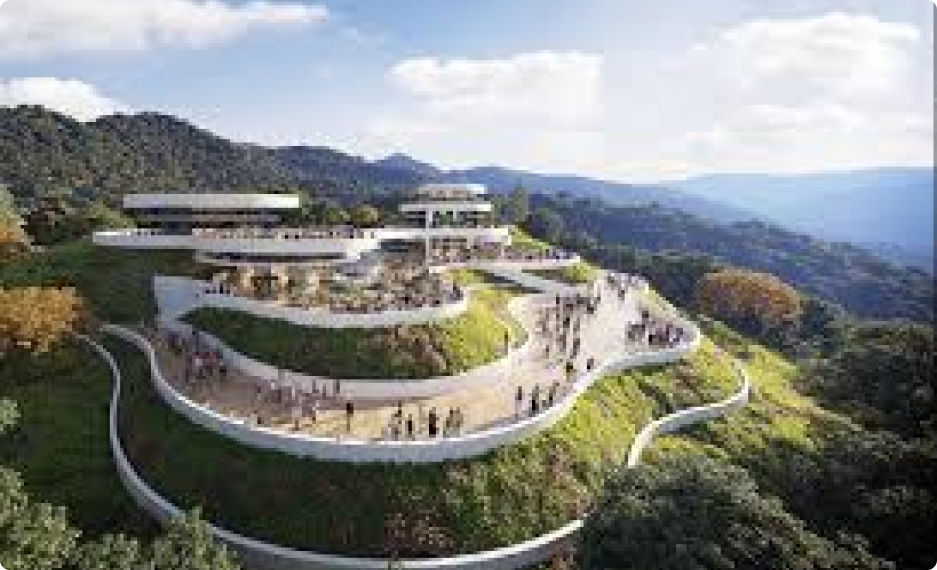
DAMAN-E-KOH
Daman-e-Koh, now a popular recreational and picnic spot, offers breathtaking views of the city, especially at night. To enhance visitor the experience, golf carts have been introduced to transport visitors from the parking area to the viewpoint. Quality restaurants provide delightful cuisine for weary travelers.
View MapBUDDHSIST CAVES IN SHAH ALLAH DITTA
Shah Allah Ditta, a village dating back over seven centuries, holds relics from the Buddhist era and ancient artefacts like burnt diyas and amulet-adorned trees. The caves here, including Sadhu ka Bagh, exhibit remnants of the Buddhist period, featuring 2,400-year-old murals. The caves and surrounding formations were once used by Buddhist monks, Hindu sadhus, and later, by Muslim ascetics during the Mughal era.
View Map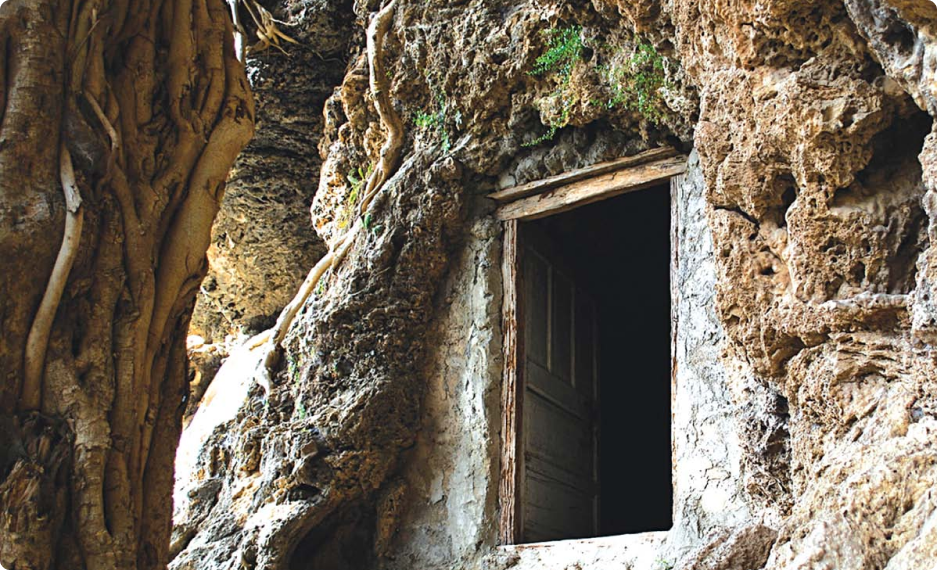
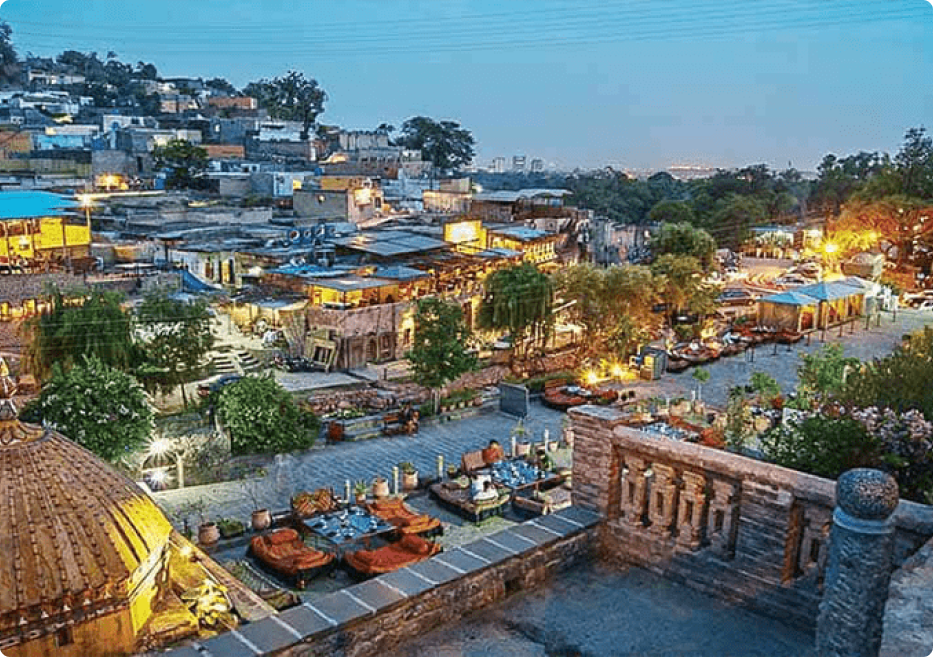
SAIDPUR VILLAGE
Saidpur village, nestled in the Margalla Hills on the outskirts of Islamabad, Pakistan, is a historical and cultural treasure. This rustic village preserves its traditional roots while offering a charming mix of art galleries, handicraft shops, and quaint eateries. The cobblestone streets, ancient temples, and a tranquil ambiance transport visitors to a bygone era, making it a popular spot for both locals and tourists seeking a taste of history and culture amidst the picturesque landscape.
View MapLOK VIRSA CULTURAL CENTER
The Lok Virsa, dedicated to preserving Pakistan's folk and traditional culture, hosts artists, craftsmen, and musicians from across the country. This folk heritage museum, near Shakarparian Hills, showcases various historical stages, including embroidered costumes, jewellery, woodwork, and more.
View Map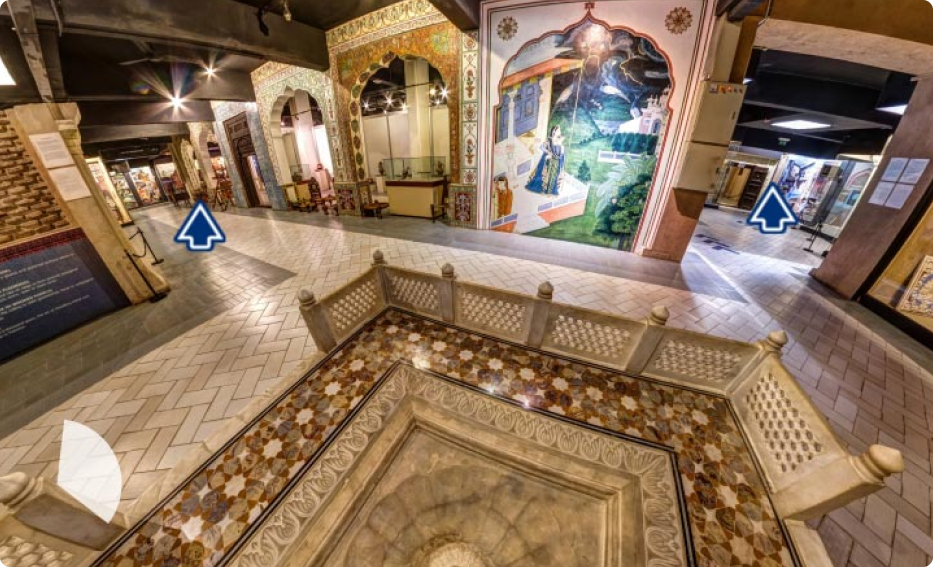
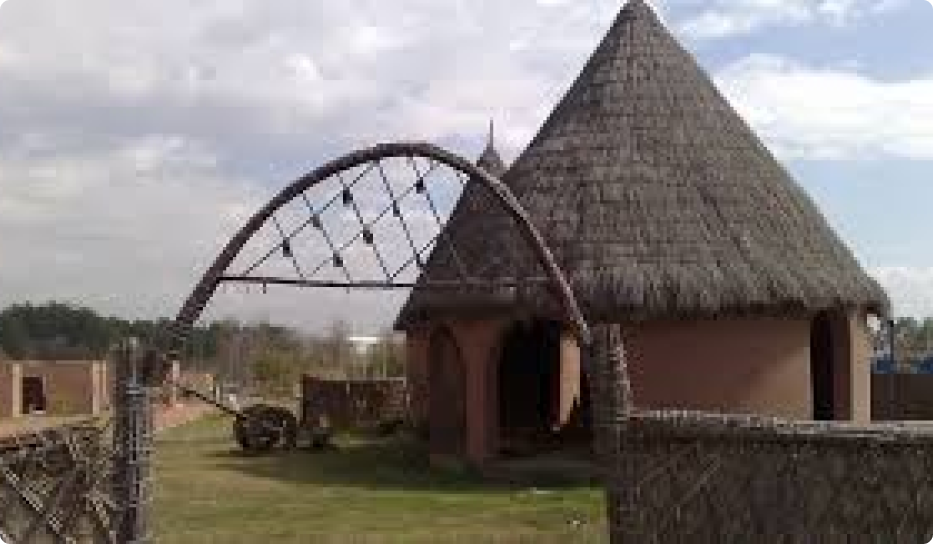
Pothohari Arts and Crafts Village
Spread across 26 acres, this village promotes indigenous arts and crafts, aiming to foster inter-provincial harmony. It includes exhibition halls, artist studios, folk theatre, and showrooms, serving as a hub for cultural activities.
View MapRose and Jasmine Garden
The Rose and Jasmine garden, located in Islamabad, Pakistan, is a botanical paradise featuring a stunning variety of roses and jasmine flowers. This lush green garden offers a mesmerising display of colourful blooms, making it a favoured destination for nature enthusiasts and those seeking a tranquil retreat. Visitors can stroll through the fragrant pathways, admire the vibrant floral arrangements, and revel in the natural beauty of these aromatic gardens, providing a serene escape within the bustling city.
View Map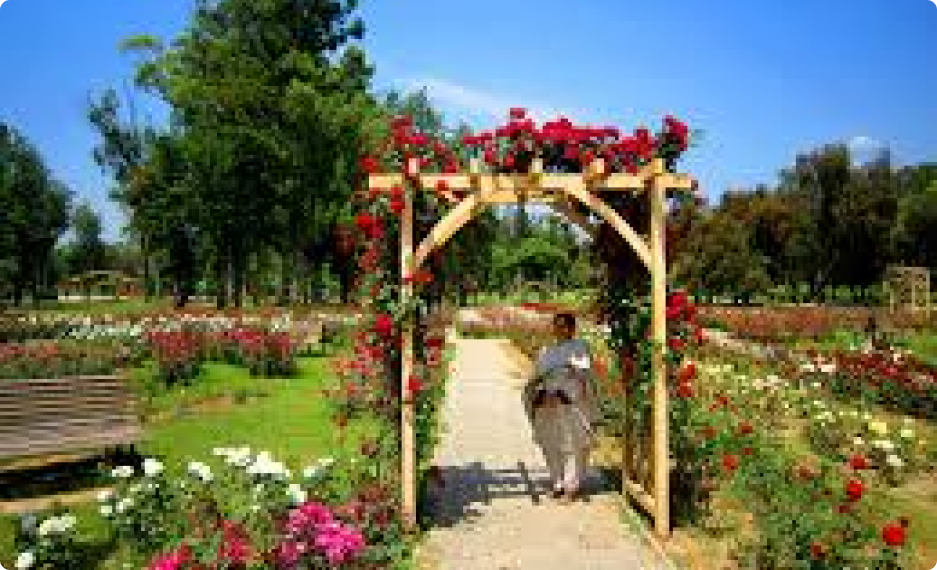
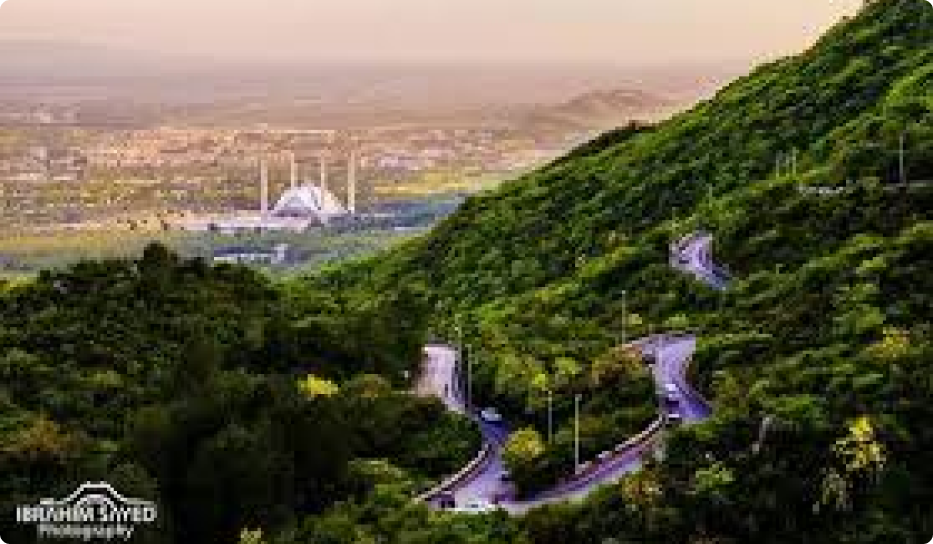
MARGALLA HILLS NATIONAL PARK
Nestled in the foothills of the Himalayas, the Margalla Hills national park is an easily accessible destination, ideal for hiking enthusiasts. Home to diverse wildlife including leopards, deer, foxes, and more, it offers an excellent hiking experience, especially in the mild winter months.
View MapFatima Jinnah Park
Fatima Jinnah Park, situated in Islamabad, Pakistan, is a serene urban retreat renowned for its vast green expanses, jogging tracks, gardens, and recreational facilities. Named after Fatima Jinnah, it provides a peaceful environment for outdoor activities and relaxation, making it a popular spot for both locals and tourists alike in the city.
View Map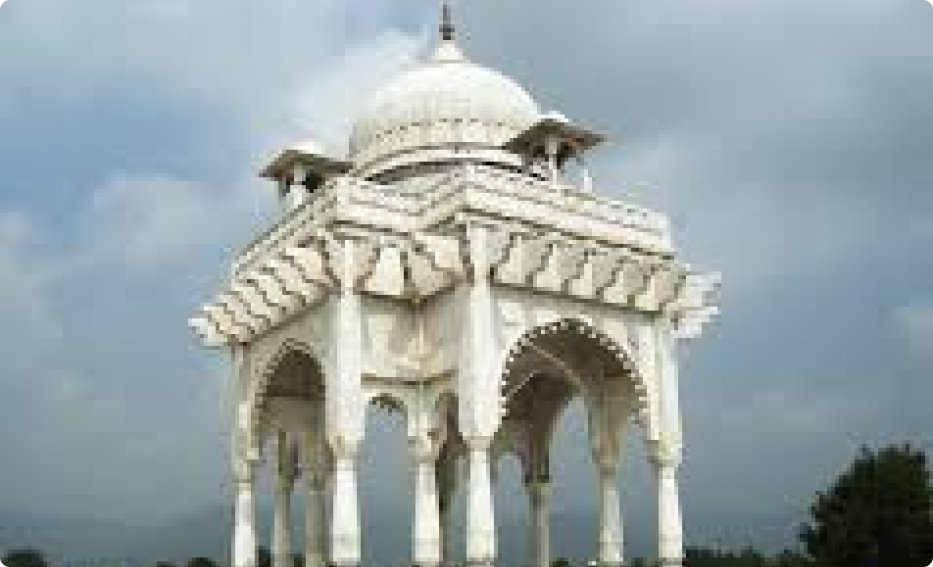
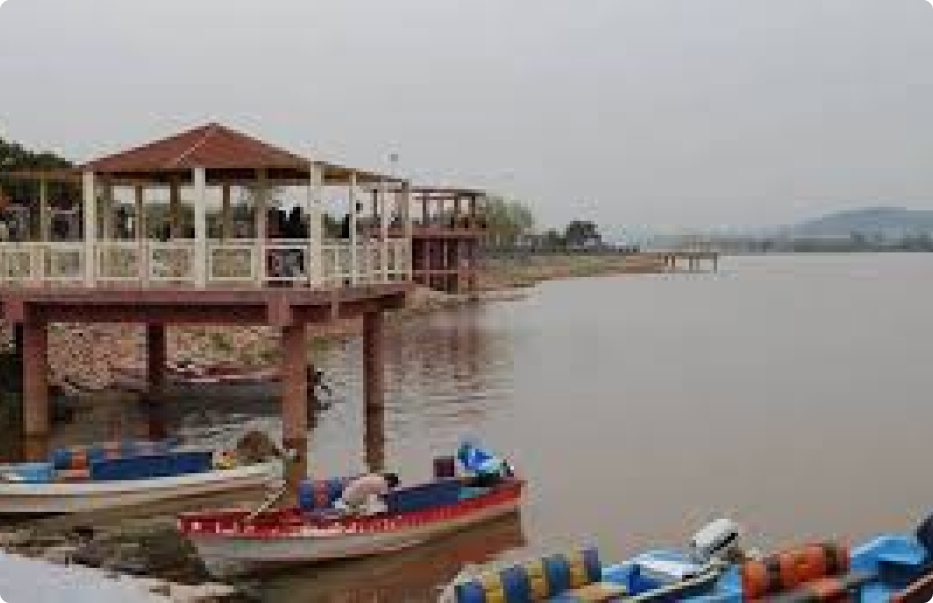
lake view park
Lake View Park in Islamabad, stands as a tranquil haven offering stunning natural beauty around Rawal Lake. Renowned for its picturesque landscape, the park provides various recreational activities such as boating, fishing, and paddle boating on the serene lake. It also hosts amenities like walking trails, play areas, and local food stalls. A favourite spot for families and tourists alike, this park serves as an ideal escape to unwind, relish nature, and partake in diverse outdoor experiences amidst the lush greenery and peaceful ambiance of Islamabad.
View MapJapanese Children Park
At the base of Daman-e-Koh is located the Marghazar Mini Zoo and the "Japanese Children Park". The zoo itself is small and has undergone rehabilitation, yet its fascinating array of animals never fails to entertain. The Japanese Children Park, a gift from the Japanese government, is also interesting with minimalist swings made of bamboo wood.
Read More







